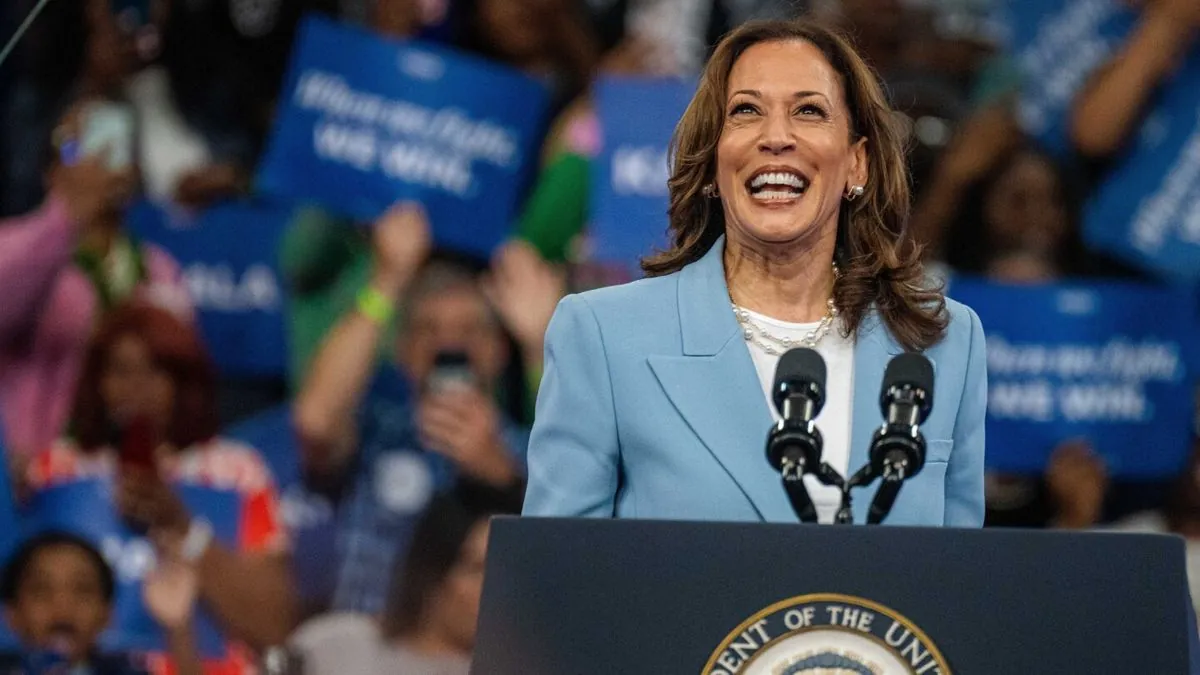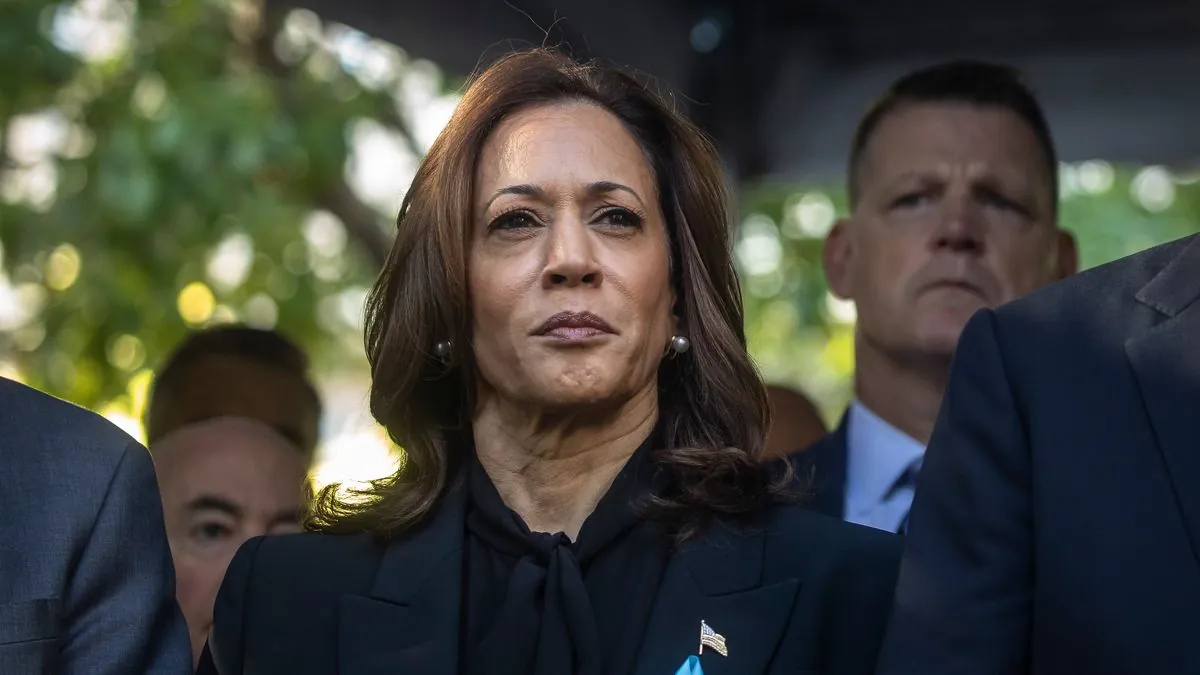Harris Taps Obama-Clinton Veterans for Historic White House Bid
Vice President Kamala Harris bolsters her presidential campaign with seasoned strategists from Obama and Clinton eras. The move aims to recreate past successes while navigating unique challenges.

Kamala Harris, the Democratic presidential nominee, is fortifying her campaign with experienced strategists from the Obama and Clinton eras. This strategic move aims to blend past successes with a forward-looking approach as she pursues a historic bid for the White House.
The campaign has welcomed several high-profile veterans, including David Binder, Stephanie Cutter, David Plouffe, and Mitch Stewart from Obama's campaigns, as well as Jennifer Palmieri from Clinton's 2016 run. These additions bring a wealth of experience in navigating complex racial and gender dynamics in American politics.

John Anzalone, a Harris campaign adviser, emphasized the all-hands-on-deck approach, stating, "I don't care where you learned your talents. Everyone who has done these things at a high level and understands what's at stake... I'll carry Walz's briefcase if it will help the mission."
The incorporation of these seasoned professionals aims to recreate the grassroots enthusiasm and strategic success of Obama's 2008 campaign. However, Harris faces a unique set of challenges and opportunities in her bid to become the first woman and first Black and Indian American president.
"One of the lessons that Vice President Harris's mother instilled in her is don't let anybody tell you who you are. You show them who you are, and that's exactly what she's doing."
Harris has deliberately steered clear of emphasizing the historic nature of her candidacy, instead focusing on unity and addressing issues that affect all Americans. This approach was evident in her response to provocative comments and during the recent presidential debate in Philadelphia.
The campaign's strategy reflects lessons learned from both Obama and Clinton's campaigns. They aim to let Harris define herself on her own terms, avoiding the pitfalls of engaging in divisive rhetoric or allowing opponents to dictate the narrative.
However, concerns have been raised about the lack of diversity among the new high-profile additions to the campaign team. This issue is particularly notable given Harris's own background and her prioritization of elevating women and people of color within her inner circle.
As the campaign moves forward, it faces the challenge of harnessing the authentic grassroots enthusiasm that exists within the party and turning it into a movement of loyal supporters. Quentin Fulks, the Harris-Walz principal deputy campaign manager, emphasized the importance of building an infrastructure to sustain this energy.
The political landscape has evolved since Obama's historic victory in 2008 and Clinton's near-breakthrough in 2016. Harris's campaign is navigating this changed terrain, benefiting from the barriers broken by her predecessors while facing unique challenges of her own.
As Election Day approaches, the Harris campaign continues to refine its strategy, balancing the lessons of past campaigns with the need to address contemporary issues and connect with voters across the nation.


































